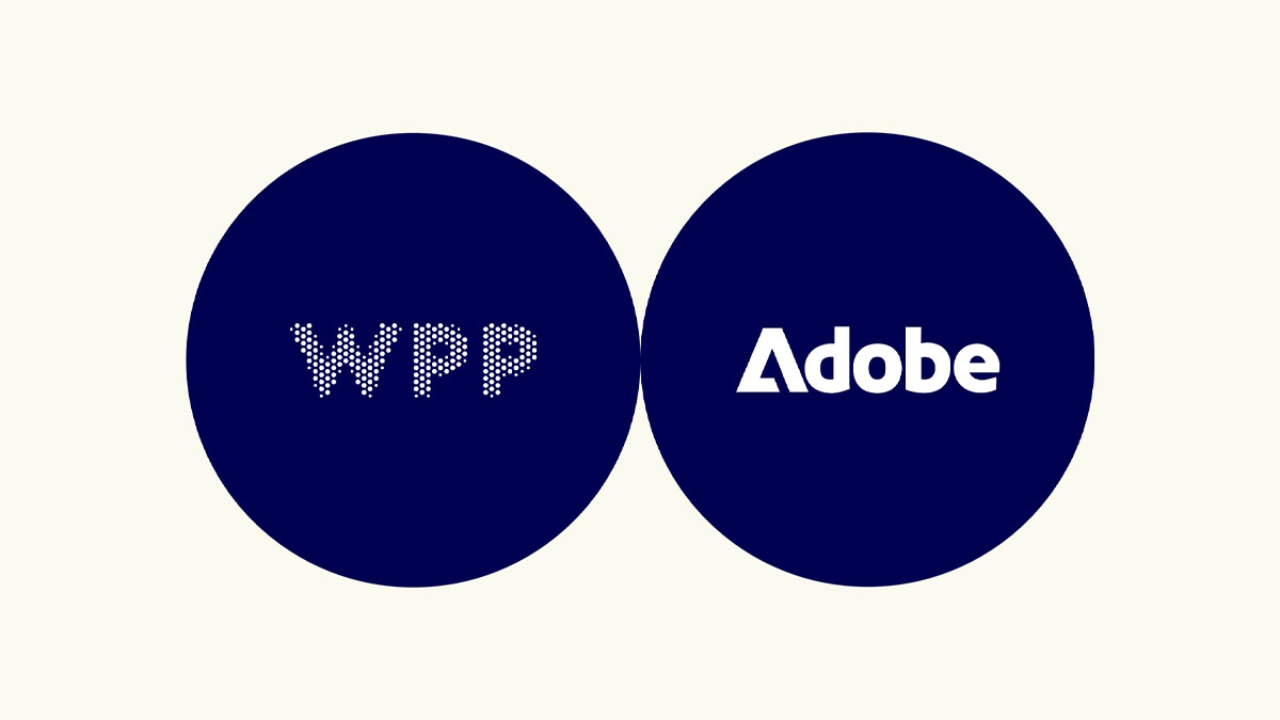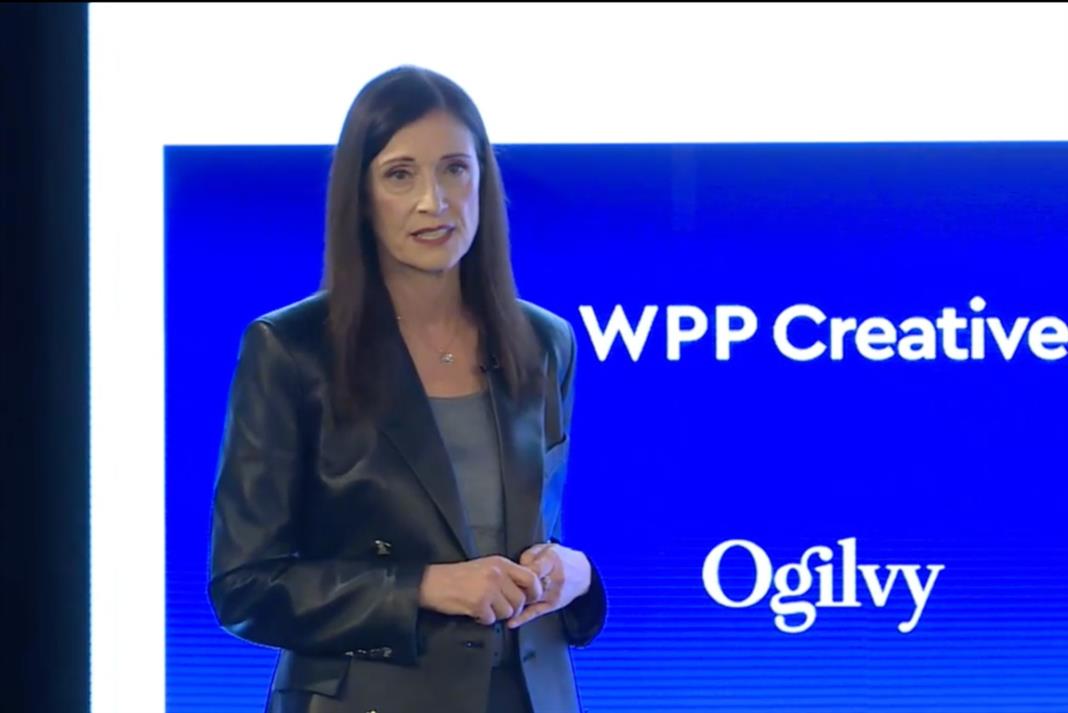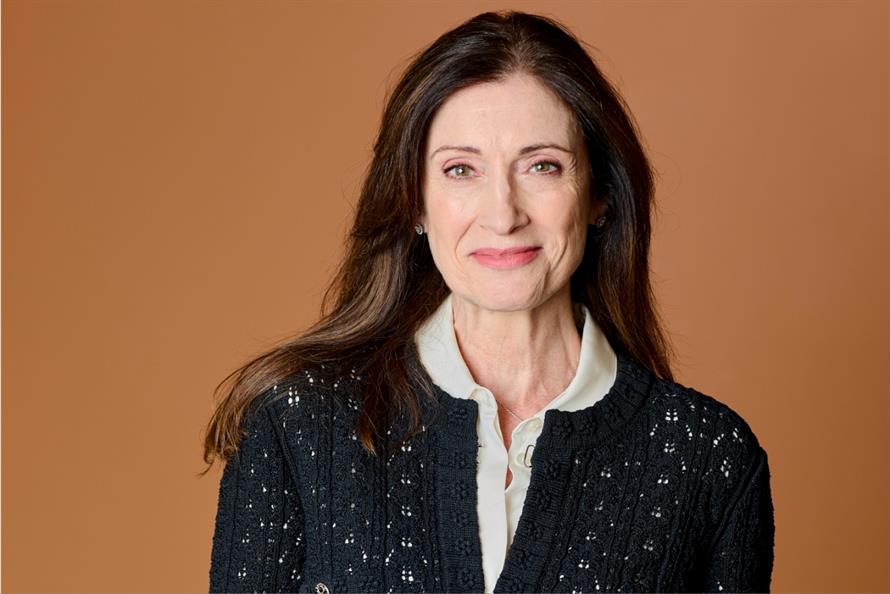WPP has a “very strong strategy” and the new-business pipeline is “significantly higher” than last year, Mark Read has insisted, after reporting annual revenue growth of 0.9% in 2023 and forecasting no more than 1% in 2024.
Read, the chief executive, was speaking to Campaign after reporting annual results that showed Group M, the media division, grew by 4.9% but the creative agencies declined by 1.6%.
WPP also took an impairment charge of £633 million (US$806.5 million) on the value of its creative agency brands, Wunderman Thompson and Y&R, which have been merged into VML. The creative agencies are not “loss leaders”, Read said in an interview with Campaign.
He declined to comment on the scale of expected job cuts at VML and Group M but said he hoped to “restructure the business as much as we can through attrition”—by not filling roles rather than through redundancies. Headcount fell by 1,300 to 114,173 last year.
WPP is to pay £392 million (nearly $499.6 million) in bonuses, down 8.5%, but cut freelancer spend by 19% in 2023 as Read said the company was shifting investment more towards permanent staff after a surge in the use of freelancers during the bounceback from the pandemic.
Campaign: It feels like 2023 was quite a varied year. You had some parts of the business doing really quite well—like FGS Global, Hogarth and Group M outside North America—and then a lot of the creative agencies under pressure and getting worse. And when we look at the client mix, some client sectors were really quite varied in terms of growth or shrinking. Could you put 2023 in perspective?
Read: We did see a good performance in many parts of our business in 2023. If you look at the business internationally [outside the US] we grew 3.3%, Group M had strong growth, Ogilvy had very strong growth as well. We had good growth in our PR businesses, particularly in FGS Global. We also had strong growth in CPG [consumer packaged goods clients] up 14%, travel and leisure up 7% and financial services up 4%.
Where we did see pressure in the business was from technology clients [down 7%] and, to some extent, from retail clients [down 11%], and we felt that most acutely in the US and in our creative agencies in the US and those parts of the business where spend is more project-related. Given our exposure to technology clients—we have three of the four world’s most valuable companies in our top 20 clients—it was a year of adjustment for them and, inevitably, it was a year of adjustment, to some extent, for WPP.
And if we look forward to 2024, those [tech] companies are going to continue to need to invest in marketing and I think we've seen some stability in their spend. So it’s no surprise that WPP’s [2023] results inevitably reflect the situation facing our clients and our clients’ decisions. It is another reason why we are cautiously optimistic about 2024 as a year where things will get better as the year proceeds.
Can you give a sense of the relative performance of Ogilvy and the other creative agencies?
Ogilvy did well because Devika [Bulchandani, the chief executive] and her team have really driven a renaissance in the business in the United States. But they also grew well in Europe and in other parts of the world and, I think, it demonstrates the power of creativity.
There's no doubt that VML and Wunderman Thompson [which merged at the start of January] and AKQA were, or are, more technologically focused and project-based businesses and have a much stronger presence with tech clients in their portfolio. So to some extent it shouldn't surprise us that they were more impacted by decisions by those companies. It reflects the nature of the businesses in each of those cases.
On a pre-tax basis, including exceptional items, your profits have dropped quite a lot [to £346 million ($440.8 million) in 2023 from £1.16 billion ($2 billion) a year earlier] because of the impairment charges. These are chiefly for the Wunderman Thompson and Y&R brands with impairments of £431 million ($549 million) and £202 million ($257.3 million) respectively. And this follows a very hefty £2.7 billion ($3.4 billion) charge in 2020, which may be partly Covid-related but involved impairments related to those brands [£1.2 billion ($1.5 billion) for Wunderman Thompson and £517 million ($881.5 million) for VMLY&R, plus £1 billion ($1.2 billion) for other agencies]. I'm not suggesting it's been value destruction, but it looks like the value has just drained out of those businesses.
I think that we have to look at the future, and what the right structure and what the right brands structure for WPP is in the future.
You have not mentioned anything about actual job cuts in the restructurings that are happening with the simplification, particularly at VML and Group M. Campaign has heard suggestions that it could be up to 3% of roles going and we could do a calculation based on the headcount of those two groups [about two-thirds of the 114,000-strong parent company]. We know job cuts and not filling roles can be painful. Could you give any indication, now the annual results are complete, about how many roles are affected?
We are not going to be able to give you a number. What we are going to do is to restructure the business as much as we can through attrition and, over a period of time, in consultation with the people in those companies.
At the WPP capital markets day, you talked a lot about the potential of artificial intelligence and data and technology, and you showed a lot of interesting case studies [such as Ford and L’Oréal]. Is there any way of quantifying how AI might actually benefit the business and the top line?
It's very early days to think about the impact on the top line or, indeed, the bottom line. What I would say is we see AI as a way of driving improved financial results and return on our clients’ investment. And, therefore, we see that as a way of increasing the value that we deliver to clients. And that should be beneficial to the financial returns at WPP.
I'd also point out that marketing is generally about share of voice and share of market. What you tend to see with clients is when they see efficiencies in one part of the marketing mix through the application of AI, often they invest that money elsewhere.
And so our job is to make sure that we have the right portfolio of services to capture client spend [in new areas]. And that's why we're investing so heavily in AI to make sure that our offer is competitive in those parts of the markets where clients want to exist.
Take the example of production. We may be able to reduce the cost of producing assets by 10 or even 100 times but we may see clients use 100 or even 1,000 more assets. So it’s very hard to say what exactly the impact on the top line or, indeed, employment will be at the moment.
My other observation would be those parts of our business that have embraced technology and AI the most historically—Group M and Hogarth, in particular—have seen significant growth in their business from a top-line basis and, also interestingly, from employment. So I think our task has to be to embrace the future and embrace the opportunity.
Talking about the staff, your incentive costs are down 8.5% to £387 million ($493 million) [from £424 million ($540 million) in 2022 and £592 million ($754 million) in 2021]. At the capital markets day in January, you talked about increasing incentive costs [as a percentage of revenues] in 2024. Meanwhile, you've cut freelancer spend and we’ve seen other groups [such as Publicis] reducing freelancers. Can you give us some detail on that.
We have seen some reduction in freelance costs, down 19% last year. I don't think that should be surprising. After Covid, there was a very rapid bounceback and a lot of our agencies filled some of that by using freelancers. It's better for us to have a slightly more permanent staff mix and, hopefully, that's better for the people to have more security of employment and benefits from being an employee. The mix probably shifted a little bit too far towards freelancers. Shifting back more towards permanent staff is probably a good thing.
In terms of incentives, we have increased our incentive pools since 2019 [when the bonus pot was £294 million ($374.5 million)] and if we have a strong performance in 2024, then we would expect to share part of that back with our people.
My colleagues at Campaign Asia had a question about Group M in China, following a police investigation into allegations of bribery. Since the start of 2024, a number of major clients have called media reviews in China. Has the situation at Group M affected the top line when China has been quite weak [down 3.3%] for WPP?
China has been a challenging market generally for everyone in 2023 and I don't think we expect to see that change in 2024. I'm not going to comment at this point on the ongoing events in China.
There has been speculation about what WPP might do with your stake in Kantar [after Bain bought a majority stake in 2019] and FGS Global seems be going well and you brought a strategic partner in on that [when KKR bought a minority stake in 2023]. Anything to say about selling Kantar and would you consider this for other parts of WPP, because you’ve done two deals with partners in your time as CEO?
Kantar has had a very strong 2023 and we're very pleased with the partnership with Bain Capital. We’ve seen strong progress at FGS Global and there are other parts of WPP that continue to do well. I wouldn't speculate that we’d do that elsewhere [by selling stakes in other parts of WPP].
There's been quite a divergence in agency performance in the past year. We can see one group [Publicis] growing 6% and another group [Dentsu] declining 5% on the top line and, if I may put it like this, groups like WPP are maybe in the second half of the table. What’s going on in the sector and is it ripe for consolidation?
I’d say after two very strong years of growth, 2023 was a little bit more of a year of adjustment for WPP. But I don’t think that surprises given our client mix. We’ve got a very strong new-business pipeline and you saw at our capital markets day that our leadership is really energised about the opportunity ahead of us and the power of our business.
We had, according to Forbes, four of the top-five ads at the Super Bowl this year. I can't think of a year when WPP—which perhaps in its history has not been as strong creatively as it has been in media—has been that strong creatively. Clients looking for breakthrough creative work to drive their brands look at what we're doing with interest.
The growth in Ogilvy [in 2023] shows that there is good growth potential in our creative businesses. In no way, at least at WPP, are our creative agencies loss leaders or businesses that we have because we have to have them [without a financial benefit].
I think the future for a company like WPP is to have a very strong integrated offering across creative and production and media, and AI and technology is going to drive that integration even further.
So, as we set out at the capital markets day, we have a very strong strategy. We’ve got a very strong set of brands inside the company—from Ogilvy to AKQA to VML to Group M and Burson— and there’s a tremendous amount of opportunities. Our new-business pipeline is significantly higher than it was last year.
In 2024, to some extent, we are still going to deal with the impact of some client decisions made in 2023 but we ended up with a much stronger new-business performance in Q4, and that bodes well for the future.
And in terms of the divergence of performance in the agency sector, does it say something about the state of the sector?
We're very much focused on delivering the goals we set out at our capital markets day: Investing in AI, building the brands we have and driving improved financial performance.
(This article first appeared on CampaignLive.co.uk)




